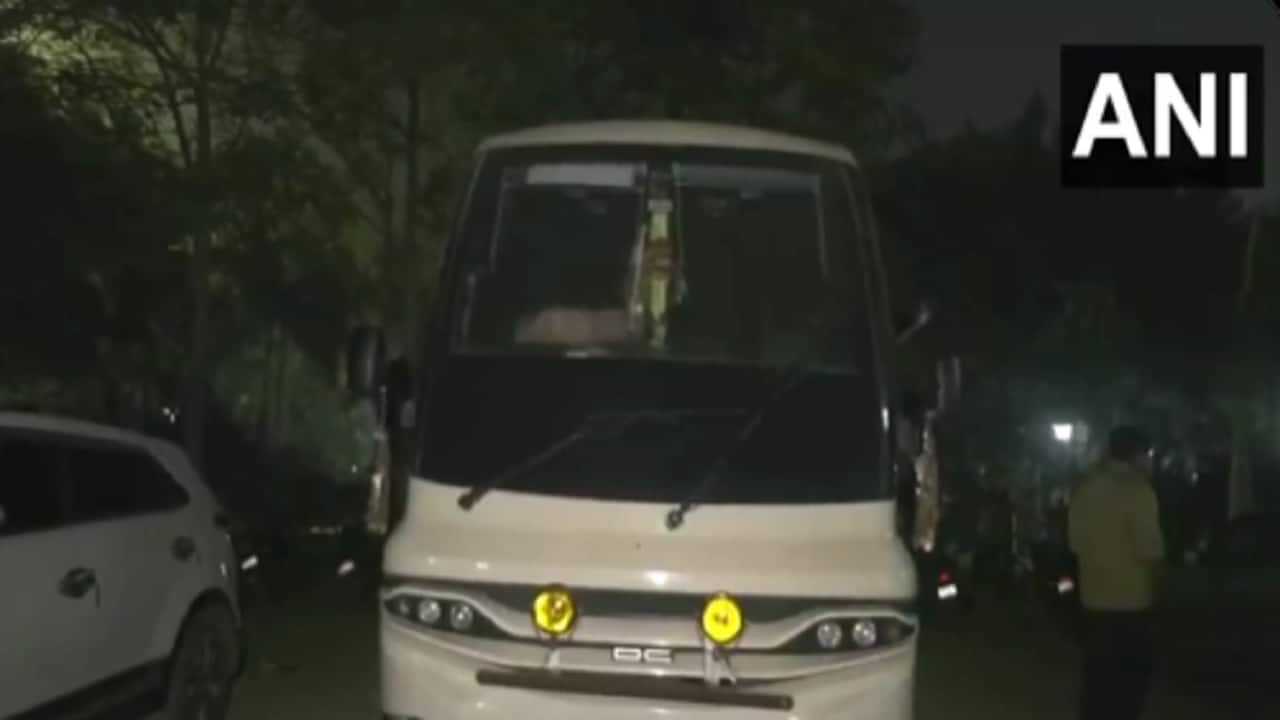 |
|
Prashant Kishor, founder of the Jan Suraaj Party, is facing renewed criticism amidst his fast-unto-death protest in Patna, Bihar. The controversy centers around a luxury ‘vanity van’ parked near his protest site at Gandhi Maidan. Kishor's protest is against alleged leaks in the BPSC question paper, leading to demands for the cancellation of the 70th Combined Competitive Examination. The van, reportedly equipped with numerous luxury amenities and costing a reported Rs 2 crore with a daily rental of Rs 25 lakh, has drawn significant public attention and criticism. Kishor's justification for the van's presence is that it serves as essential restroom facilities, arguing that frequent trips home to relieve himself would fuel more speculation from the press. This highlights a key point of contention; the focus on the van's opulence overshadows the core issue of the alleged exam leak and the plight of affected students.
The incident has sparked a wider debate about the appropriateness of luxury during a public protest and the perceived hypocrisy of Kishor's actions. Critics argue that his use of a lavish van contrasts sharply with the image of a selfless activist fighting for the interests of students. The high cost of the van, coupled with Kishor's demands for a daily allowance equivalent to its rental, further fueled this criticism. Kishor, however, dismisses this criticism as politically motivated, attributing the negative press to opposition parties seeking to discredit his movement. He countered by arguing that the focus on his personal comfort should not overshadow the more crucial concerns regarding educational fairness and transparency in the BPSC exam system. He stressed the seriousness of the alleged exam paper leak and its impact on the aspirations of Bihar's youth.
Beyond the vanity van controversy, Kishor's protest also encompasses broader demands for governmental reform in Bihar. He has called for a domicile policy reserving two-thirds of government vacancies for Bihar residents, a significant call given the competitive nature of jobs in the state and the implications for local talent. Furthermore, he advocates for the implementation of an unemployment allowance, reiterating a long-standing promise made by the Chief Minister Nitish Kumar which remains unfulfilled. His demands extend to increased accountability in the examination system, advocating for a white paper detailing instances of question paper leaks in the past decade. This demonstrates a wider political strategy beyond the immediate concerns of the BPSC leak, aiming to highlight governance failings and rally public support for his Jan Suraaj Party ahead of upcoming assembly elections. The aggressive stance taken by Kishor, including previous demonstrations resulting in police intervention, suggests a deliberate attempt to gain public attention and pressure the government to address his concerns.
The controversy surrounding the vanity van exemplifies the complexities of political activism in India. It highlights the tension between maintaining a consistent public image and the practical realities of organizing large-scale protests. The incident also underscores the challenges faced by individuals attempting to raise awareness about significant issues while simultaneously navigating the often-acrimonious landscape of Indian politics. The scale of the BPSC exam, with over five lakh candidates, further emphasizes the gravity of the alleged leak and the potential impact on the lives of countless aspiring students. While the lavish van may be a distraction for some, the underlying issues of examination integrity, unemployment, and equitable opportunities for Bihar's youth remain at the heart of the ongoing debate. Kishor's political future will likely be significantly influenced by the outcome of this controversy and the overall success of his campaign to address these systemic issues within Bihar.
Source: 'To relieve myself...': Prashant Kishor reacts on allegations of 'Rs 2 crore vanity van'
